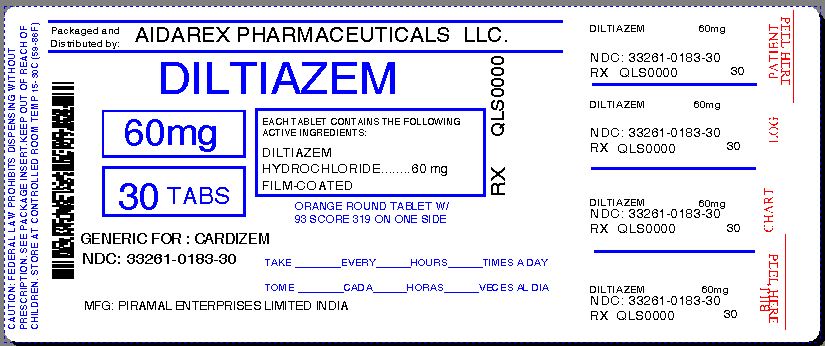
Diltiazem Hydrochloride Tablet while Breastfeeding
What is Diltiazem Hydrochloride Tablet used for?
I am breastfeeding mother and I am using Diltiazem Hydrochloride Tablet. Can it have any bad effect on my kid? Shall I search for better alternative?

Nursing Mothers Diltiazem is excreted in human milk. One report suggests that concentrations in breast milk may approximate serum levels. If use of diltiazem is deemed essential, an alternative method of infant feeding should be instituted.
Diltiazem Hydrochloride Tablet Breastfeeding Analsys
Diltiazem hydrochloride while Breastfeeding
SafeCAS Number: 33286-22-5
It is excreted in breast milk in a clinically non-significant amount (Okada 85)Two 6 months-old breastfed twins whose mother was treated with diltiazem did not get into health problems (Lubbe 87) Evidence on other antihypertensive drugs of the same family with similar structure, pharmacokinetics and action profile (nifedipine, nimodipine, nicardipine) has shown that they are excreted into milk in non-significant amount.Diltiazem does not have any influence on prolactin production. Until more extensive published data about this drug regarding breastfeeding are available a safer alternative drug should be used, especially during the neonatal period and/or in case of premature infants. American Academy of Pediatrics: medication usually compatible with breastfeeding.
Diltiazem Hydrochloride Tablet Breastfeeding Analsys - 2
Diltiazem hydrochloride while Breastfeeding
CAS Number: 42399-41-7
Based on limited data, amounts of diltiazem ingested by the infant are small and would not be expected to cause any adverse effects in breastfed infants.
I am nursing mother and I have already used Diltiazem Hydrochloride Tablet, what should I do?
It is always a good idea to keep your healthcare provider or doctor informed about your drug usage during pregnancy and breastfeeding but if you have not informed your doctor about Diltiazem Hydrochloride Tablet and have used it then do not panic as Diltiazem Hydrochloride Tablet is mostly safe in breastfeeding and should not cause any harm to your baby.
I am nursing mother and my doctor has suggested me to use Diltiazem Hydrochloride Tablet, is it safe?
Usage of Diltiazem Hydrochloride Tablet is safe for nursing mothers and baby, No worries.
If I am using Diltiazem Hydrochloride Tablet, will my baby need extra monitoring?
No
Who can I talk to if I have questions about usage of Diltiazem Hydrochloride Tablet in breastfeeding?
US
National Womens Health and Breastfeeding Helpline: 800-994-9662 (TDD 888-220-5446) 9 a.m. and 6 p.m. ET, Monday through Friday
UK
National Breastfeeding Helpline: 0300-100-0212 9.30am to 9.30pm, daily
Association of Breastfeeding Mothers: 0300-330-5453
La Leche League: 0345-120-2918
The Breastfeeding Network supporter line in Bengali and Sylheti: 0300-456-2421
National Childbirth Trust (NCT): 0300-330-0700
Australia
National Breastfeeding Helpline: 1800-686-268 24 hours a day, 7 days a week
Canada
Telehealth Ontario for breastfeeding: 1-866-797-0000 24 hours a day, 7 days a week
